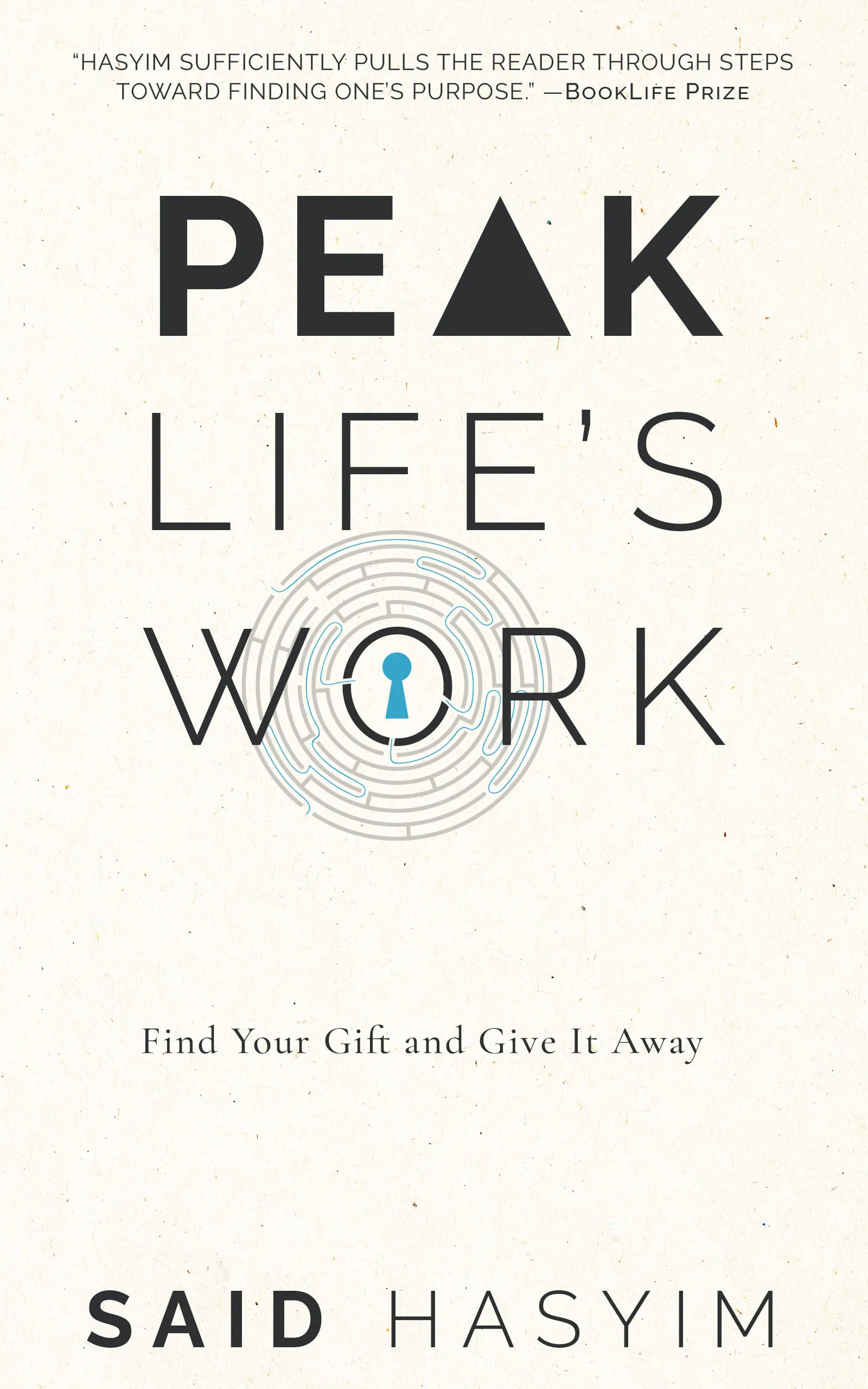The Balance of Passion and Practicality in Work
In an ever-evolving professional landscape, the question of how to balance passion and practicality in work has become increasingly relevant. Many of us aspire to work in fields that ignite our passions, but practicality often rears its head with financial responsibilities, job security concerns, and the demands of daily life. Striking the right balance is crucial for our personal fulfillment, mental health, and long-term success.
Understanding Passion
Passion, often described as a powerful force that drives individuals towards their goals, transcends mere interest or enjoyment. It encompasses a deeper emotional connection to the work we do and the impact we aim to create. When we pursue our passions, we typically experience higher levels of motivation and satisfaction. Common benefits of being fueled by passion in our careers include:
- Increased Satisfaction: Engaging in work that we love can lead to greater contentment and fulfillment.
- Enhanced Creativity: Passion often breeds creativity. When people are excited about their work, they tend to think outside the box and produce better solutions.
- Resilience: Passionate individuals often demonstrate grit and perseverance, pushing through challenges to pursue their goals.
However, while passion is undoubtedly a catalyst for success, it is essential to recognize that it should not exist in a vacuum. Let’s explore the concept of practicality.
The Necessity of Practicality
Practicality, on the other hand, is the grounding counterpart to passion. It involves a pragmatic approach to work, focusing on what is realistic and attainable. This encompasses financial stability, job security, and logistics—considerations that cannot be dismissed. The advantages of practicality include:
- Financial Stability: Engaging in work that offers fair compensation is essential for meeting basic needs and providing for ourselves and our families.
- Career Longevity: Practicality often leads to greater job security and career advancement opportunities, allowing us to grow and evolve in our respective fields.
- Realistic Goal Setting: A practical mindset encourages setting achievable goals, which can help maintain motivation and avoid burnout.
Finding the Middle Ground
1. Identify Your Core Values
Finding the balance between passion and practicality begins with understanding your core values. What matters most to you? Is it financial stability, creativity, work-life balance, or the opportunity to make a positive impact? Knowing your core values can guide your career choices and help you establish priorities that feel authentic to you.
2. Assess Your Passion
Consider the aspects of your work that truly ignite your passion. Are you drawn to a specific industry, a type of project, or a particular skill? Reflecting on these passions can help you carve out a niche that synergizes with your practical needs. Make a list of what you love about your work and how it contributes to your overall sense of purpose.
3. Evaluate Practical Considerations
Once you have a clear understanding of your passions, you should assess the practical elements of your career. This includes examining potential salary, benefits, opportunities for advancement, and the long-term viability of your industry. It’s crucial to figure out whether your passion can sustain you in a practical sense.
4. Create a Plan
Once you’ve identified your passions and practical concerns, the next step is to create a plan. This can involve identifying potential career paths that align with both your heartfelt interests and your financial requirements. Consider taking on side projects or freelance work related to your passion while maintaining a more pragmatic job during the transition. This hybrid approach can gradually lead you toward a fulfilling career without sacrificing your financial security.
5. Be Open to Change
Both passion and practicality can shift over time. What excites you today may not bring you the same joy a few years down the line. Similarly, economic conditions and personal circumstances can affect job stability and opportunities. Being open to change will allow you to adapt your goals and plans as needed, ensuring a sustainable balance in your career.
The Role of Mindset
A crucial aspect of balancing passion and practicality is cultivating a positive mindset. Embrace the notion that it’s possible to pursue what you love while being realistic about your responsibilities. This doesn’t mean you’ll never have to make sacrifices or seek compromise, but a growth mindset encourages you to be resourceful, seek solutions, and embrace new possibilities.
Conclusion
In the quest for a fulfilling career, finding the balance between passion and practicality remains a dynamic and deeply personal journey. While passion fuels our ambition and creativity, practicality guides our decisions and ensures our well-being. By identifying your core values, assessing your passions and practical considerations, creating a thoughtful plan, and embracing change, you can navigate the complexities of your professional life with confidence. Ultimately, the balance you strike will contribute significantly to your overall happiness, contentment, and success in the world of work.
Final Thoughts
Remember, this journey is not a race. Take the time to reflect, explore, and grow, and you’ll discover the sweet spot where passion and practicality can coexist harmoniously.
Start Your Transformative Journey
Peak Life's Work, a transformative book to unlocking your true potential and finding purpose. Learn science-backed strategies from top performers to enhance skills and creativity. Gain insights into success and failure while uncovering your personal talents. With practical steps for self-discovery and nurturing talent, this book equips you for a fulfilling journey toward your greatest work.
